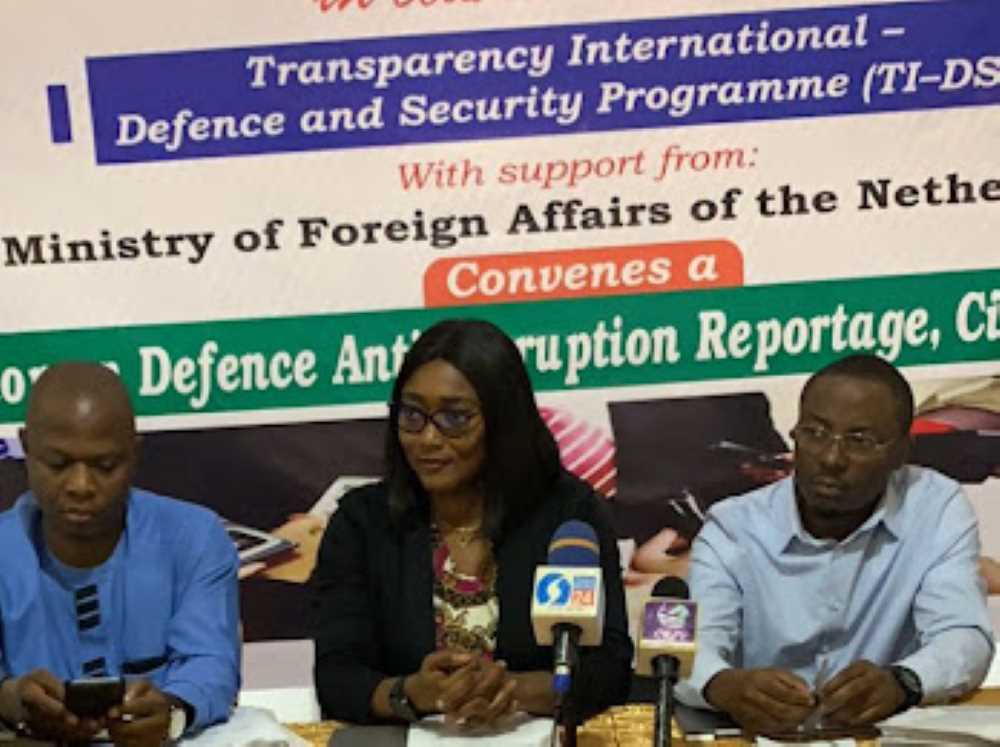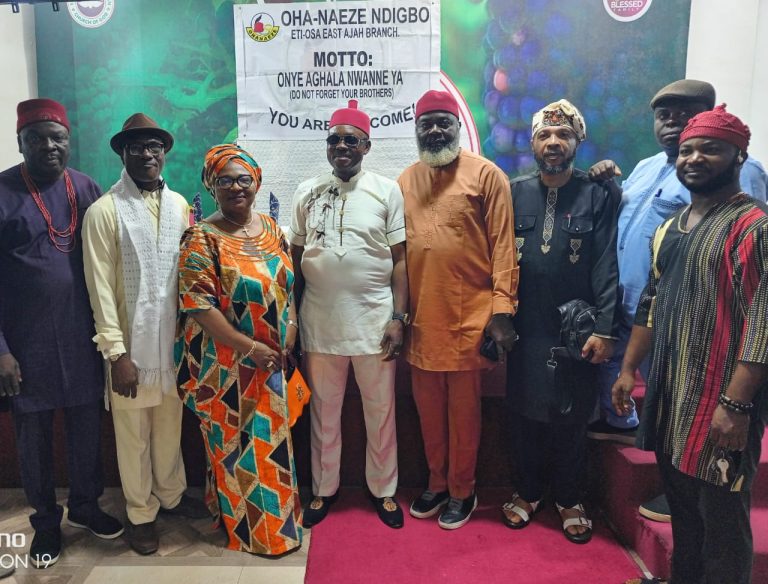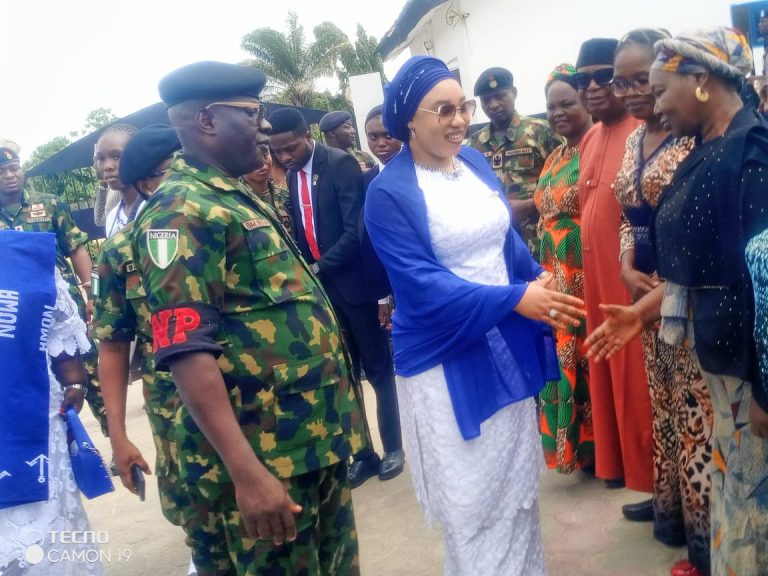

The Civil Society Legislative Advocacy Centre (CISLAC) has built the capacity of journalists to effectively report on the defence and security sector.
Senior Programme Person, Peace and Security, CISLAC, Bertha Ogbimi during a one-day Media Dialogue on “Effective Oversight and Defence Anti-Corruption Reportage” in Abuja noted that the workshop is aimed at empowering journalists to effectively oversight the defence sector by asking the right questions to inform the public.
She said the workshop was also to know how to seek accountability and transparency in the sector where they fell short of best practices.
Ogbimi argued that specialization would enable journalists to focus on specific aspects of the security sector, thereby enhancing their ability to uncover crucial information and hold relevant authorities accountable.
According to her “Nigeria is bedevilled by multi-dimensional security challenges and because of these, a lot of allocations have been launched into the defence and security sector.
”One would expect that normally, with the number of monies being channelled to the defence and security sector, the issues pertaining to insecurity would have been addressed.
“However, unfortunately, we see an upsurge in these challenges. As a matter of fact, a particular area called conflict entrepreneurship is booming.
“So you begin to wonder, why are we getting a counter-reaction when we are putting in so much money?
“Sometimes you get to talk with security personnel, and they tell you that they do not have what it takes to challenge armed opposition groups.”
Ogbimi added that although a lot of money was allocated in the defence and security budgets and allocations the welfare of security personnel has remained a challenge.
“So some questions needed to be asked because the money is our taxpayers’ money and so we need some answers.
“We are not saying that the security operations and procurements and the finances of security institutions should be made completely bare.
“We recognise the fact that there is such a thing as natural security, we are all patriotic citizens, and we cannot bare our military in the public.
“What is that information that is not detrimental to national security that could be made available for citizens to truly understand where their taxpayers’ monies are going?
Ogbimi said that given the fact that the insecurity kept increasing rather than reducing, it behooves journalists to get answers to the critical questions.
She said this would help stakeholders in the defence and security sector play their roles and carry out their mandate effectively because they know they are being watched.

She said that this would help the security of Nigeria to fall in place.
Also, Mr. Senator Iroegbu, a facilitator, while speaking on Good Practices in Defence and Security Investigative Reporting, tasked journalists with their mandate.
Iroegbu said that investigative journalism was crucial for the purpose of transparency, awareness creation, reforms and to deter wrongdoings.
He encouraged journalists to uphold the ethics of journalism and to always seek to report the truth. He called for an immediate increase in capacity building for journalists and media practitioners.
Iroegbu underscored the necessity of equipping journalists and media practitioners with the skills and knowledge required for effective oversight in the security sector.
“To hold the security sector accountable, journalists must be adequately trained in understanding the intricacies of this complex domain. This entails specialized training and continuous capacity building.”
The event highlighted the need for specialization among journalists to enhance the effectiveness of security sector oversight and emphasized the significance of General Defense Information (GDI) knowledge in achieving this goal.
Additionally, the government was urged to initiate security sector reforms to address the challenge of secrecy within the sector.




